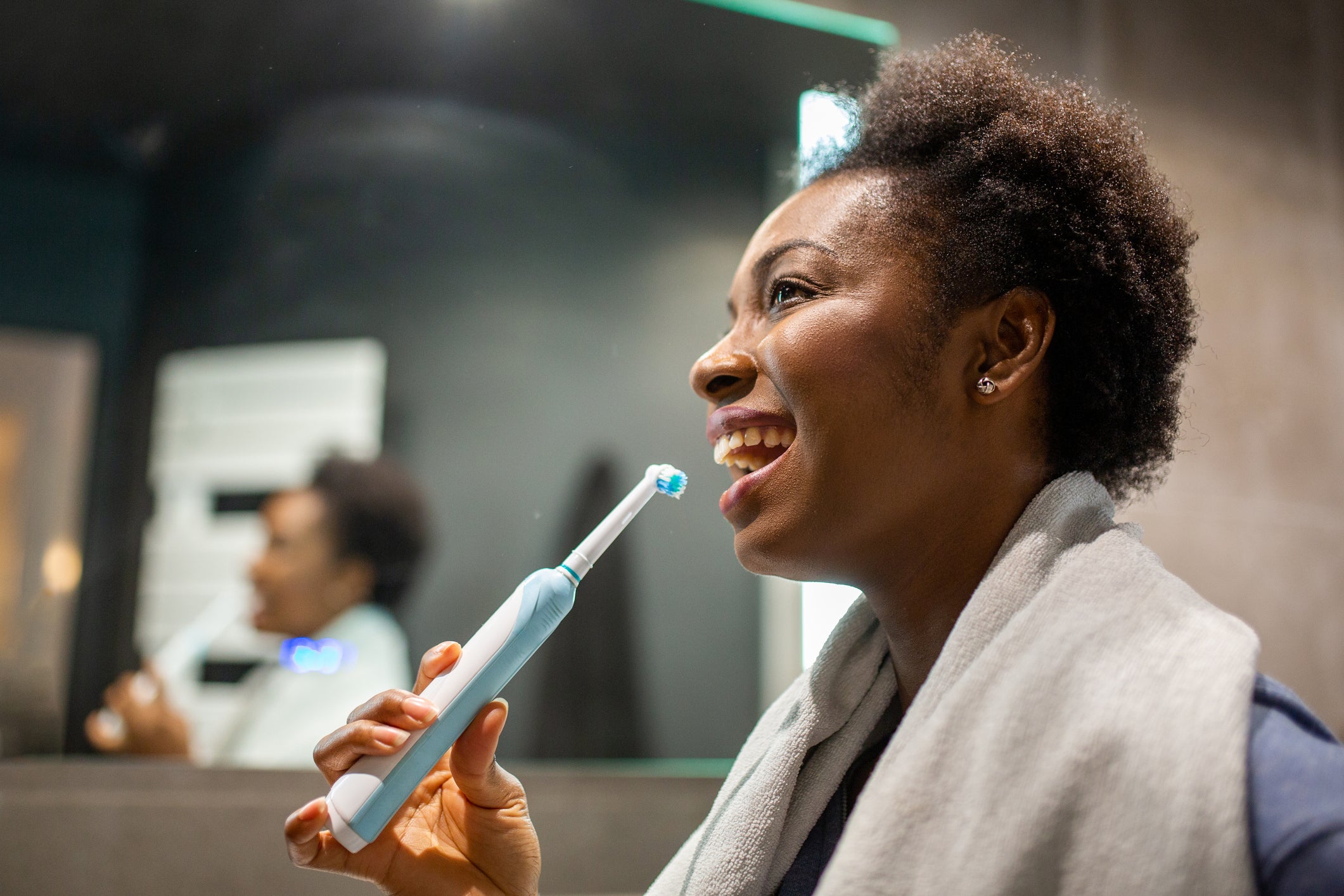The UK is witnessing an alarming threat to children's dental health, due to the widespread and growing issue of tooth decay among young children. Between 2022 and 2023, over 47,580 children’s tooth extractions took place across the country, and two thirds of all extractions in children are currently due to decay. As parents grapple with this reality, understanding the root causes of dental issues in children and implementing effective strategies to combat this is paramount, so if you are looking for practical ways to safeguard your children’s dental health, explore our guide today.
Tooth Decay in Children
These damning government figures, published by the Office for Health Improvement and Disparities, not only demonstrate the urgent need for preventive measures but also highlight the broader implications for children's health and well-being.
Tooth decay, primarily caused by the breakdown of tooth enamel due to the presence of sugar and bacteria in the mouth, has become a significant paediatric health issue. Whilst many families may worry that their child’s declining dental health is due to a lack of effort or poor diet, it is important to consider the wider context of UK dentistry, as four in five dentists in England are not taking on new NHS patients. This also coincides with analysis by the Labour party that reveals 71.1% of dentists are not accepting children as new patients, leading to a national demand for children’s dentistry services that simply cannot be met. This limited access to dental care, particularly in rural and underprivileged areas, means that issues that should be dealt with quickly, such as damaged enamel or the early stages of decay, are being left to develop into painful and extensive issues that can only be addressed through children’s tooth extractions.
At Riverside Dental Spa, we are committed to providing preventative care and specialist advice to all our patients - particularly those under the age of 16. Taking care of your child’s baby teeth and caring for their oral health at a young age will make all the difference for their long-term health and happiness, and as NHS dentistry services continue to be hard to access, let’s explore the practical ways that you can safeguard your children’s mouth health at home.
1. Oral Hygiene Practices
Establishing a daily oral hygiene routine is one of the most effective factors in creating a good preventative strategy, and it encourages children to take responsibility for their own health. An ideal routine includes:
- Brushing teeth twice a day with fluoride toothpaste - once in the morning and once before bed - to remove plaque and reduce the risk of decay.
- Brushing for at least two minutes, covering all tooth surfaces thoroughly.
- Introducing flossing at an early age to remove food particles and plaque between teeth where a toothbrush might not reach.
- Limiting nighttime bottles or cups filled with anything other than water to prevent prolonged exposure to sugars.
When introducing your child to this routine, it’s important that you oversee these practices and check that they use an appropriate amount of toothpaste and perform brushing techniques correctly. Making this routine a collaborative effort, and showing your child that it is an important part of your day as well as theirs, will encourage them to maintain their own routine and instil lifelong habits that safeguard against decay and promote overall health.
2. A Good Diet
A nutritious diet at a young age sets children up for a lifetime of good health and eating habits, whilst some foods pose a significant risk to their oral health and should be avoided. Consuming excessive amounts of sugary and acidic foods can lead to the erosion of tooth enamel, the hard outer layer of teeth, making them more likely to decay.
To combat this, be sure to give your child a tooth-friendly diet that includes lots of fruit, vegetables, and dairy products that are rich in calcium to help strengthen tooth enamel. Parents are also encouraged by public health bodies to limit their children’s intake of sugary and acidic foods, replacing them with healthier alternatives and ensuring they drink plenty of water, especially after meals, to help rinse away food particles and acids.
3. Regular Dental Check-Ups
Early and regular dental visits allow our team to monitor your child’s development and identify any potential issues before they escalate, as well as familiarising them with the dental care environment at a young age.
These regular visits, ideally once every six months, also enable our dental professionals to remove plaque and tartar buildup that can't be eliminated with brushing and flossing alone, and to apply preventative treatments, such as fluoride varnish or dental sealants, which can significantly lower the risk of cavities. If you have any questions about your child’s development, or if we spot any areas for improvement or intervention, then these checkups allow us to discuss your child’s health and offer specialist advice on effective oral hygiene practices and dietary choices for a lifetime of healthy teeth.
4. Educating Children
The current children's tooth extractions rate demonstrates a national dentistry issue that is unlikely to be resolved quickly, and will likely result in huge numbers of children experiencing tooth loss and decay unnecessarily. Whilst it is easy for parents to make sure that young children brush their teeth, it becomes harder to have control over the dental habits of a growing child or teenager, so it’s important to make oral health education engaging for your children at a young age.
This education should start early and focus upon demonstrating proper brushing and flossing techniques, and explaining the importance of regular dental care. Rather than discussing dental practices as a daily chore, take the time to frame these activities as a fun way to start or end the day - for example, brushing your teeth in the evening can become an activity that you do together to signify the beginning of story time, and brushing your teeth in the morning is an opportunity to spend time together at the beginning of the day.
By making these routines an enjoyable and integral part of your children's lives, you can significantly influence their attitudes and behaviours towards dental care, and make it much more likely that they will maintain these routines on their own as they grow and develop.
Children’s Dentistry Services in London
At Riverside Dental Spa, we are committed to supporting families to prioritise their dental health and access the care that they need to prevent tooth decay and children’s tooth extractions. With half price children’s exams, and half price on all of our children’s treatments, we remove the national barriers to maintaining good oral health in children, so contact us today to book an appointment.



